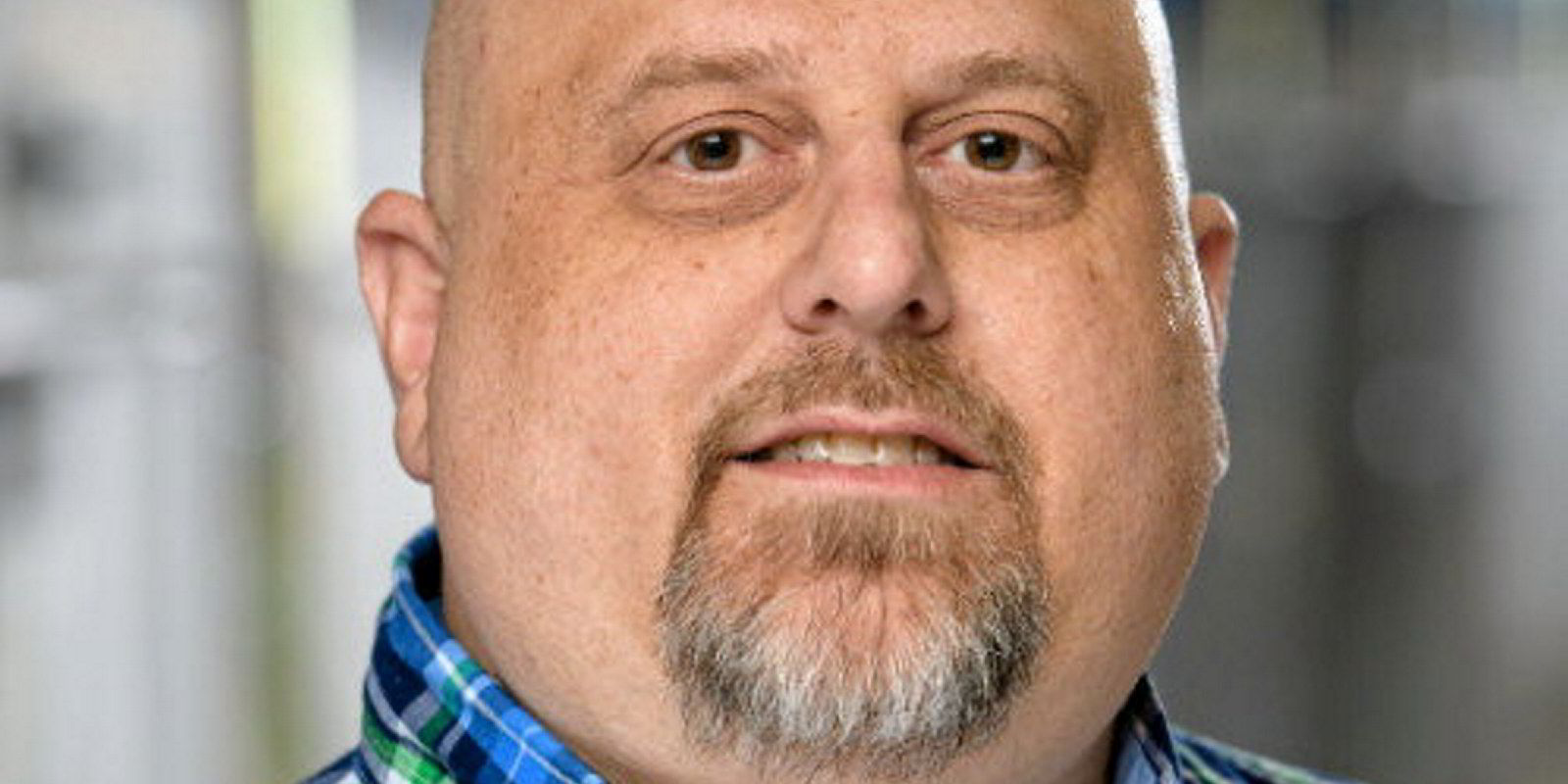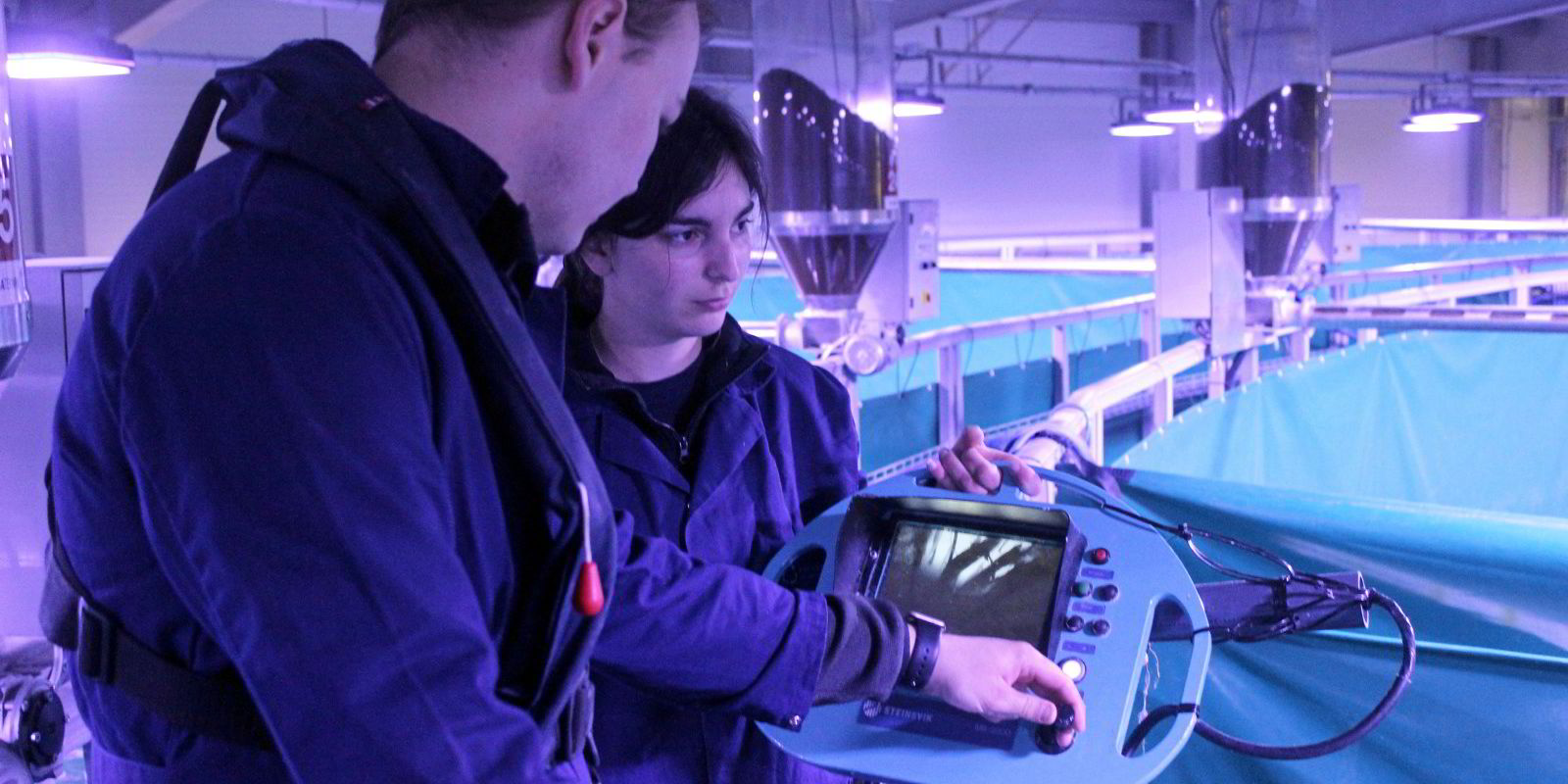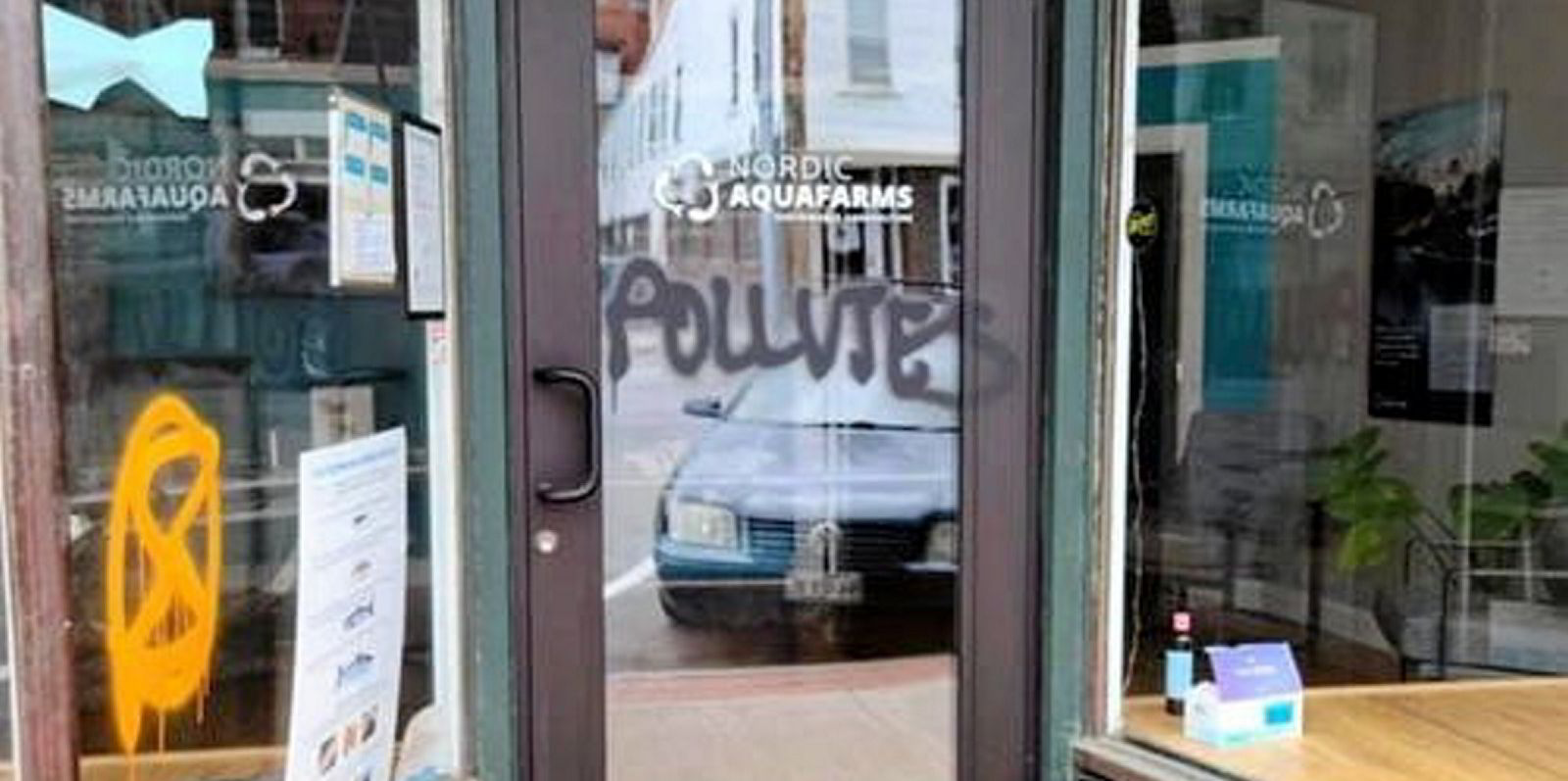The following letter was sent to IntraFish by Brian Vinci, director of the Freshwater Institute.
Drew Cherry writes in his column “No, land-based salmon farming doesn't get a free sustainability pass,” that environmental NGOs were the motivating factor for the recent growth in land-based salmon projects, and now that some of these projects are receiving criticism those same NGOs are quiet.
I’m not sure where to start with this column. Environmental NGOs lit the fuse for a land-based aquaculture explosion? I think not, and Drew knows better.
Land-based fish farming based on recirculating aquaculture systems (RAS) in a form that we would recognize today has a long history going back to the 1970s.

The promise of RAS has always been the same: year-round, local production of consistent, high quality seafood that minimized environmental impact. The fact that some NGOs found solutions in land-based RAS to challenges they were addressing does not mean they magically put it on a fast-track to adoption.
Instead, it has been the hard work of many in the industry – technology developers, progressive fish farmers, entrepreneurs, risk-taking investors – that pushed land-based RAS aquaculture forward to the point that it is technically, biologically, and hopefully, economically feasible.
Read more
- Large land-based aquaculture projects 'not going to happen' in Scotland
- No, land-based salmon farming doesn't get a free sustainability pass
- Ex-SalMar CEO, Norwegian billionaire buy into land-based salmon farming project
- Opinion: People want advice on land-based salmon farming projects. Here's what I tell them.
It was great to have support from environmental NGOs, and they definitely had a positive impact, but no one is cursing their luck if they have moved on to new challenges. This industry has a lunch-pail mentality, and experience tells me it will continue to improve, grow and address challenges as they come.
Which brings me to the core of Drew’s column – that the land-based RAS aquaculture industry will have to face the same scrutiny as other terrestrial farming and pass the sustainability test on its own. Absolutely! I do not think anyone in the industry thought otherwise.
Sustainability, environmental performance, and animal health and welfare is exactly where the land-based fish farming industry can and should lead. Land-based RAS technology provides opportunities to address each of those at high levels.
Sustainability? How about producing high quality seafood with feeds that have minimal marine inputs and while having facilities located close to consumers to minimize food miles and carbon footprint.
Environmental Performance? How about capturing 95 percent of solid wastes and the associated nutrients for reuse as crop fertilizer, all while using less water than a golf course.
Animal Health and Welfare? How about providing continuous, optimal water quality, high quality feeds, space for natural behaviors, and 24/7 monitoring to ensure good fish health and welfare.
The industry may not have a perfect record on all these yet, but the companies that I talk with are all striving to go above and beyond to meet these aspirational goals.
A final note, the organization that I work for is an environmental NGO and we remain committed to the promise of land-based fish farming. We believe that not only can it balance good environmental performance with economic gain, but that doing so is the only way real, sustainable change happens.
Read more
- Retailer expands sales of Atlantic Sapphire's land-based salmon to 1,200 locations after positive reactions
- Pro-vegan activists that targeted Cooke's salmon operations now take aim at Atlantic Sapphire
- Japan seafood giant Nichimo looks to land-based salmon to shore up its future
- Ranking: Salmon farming companies' earnings per kilo plummet in first quarter


